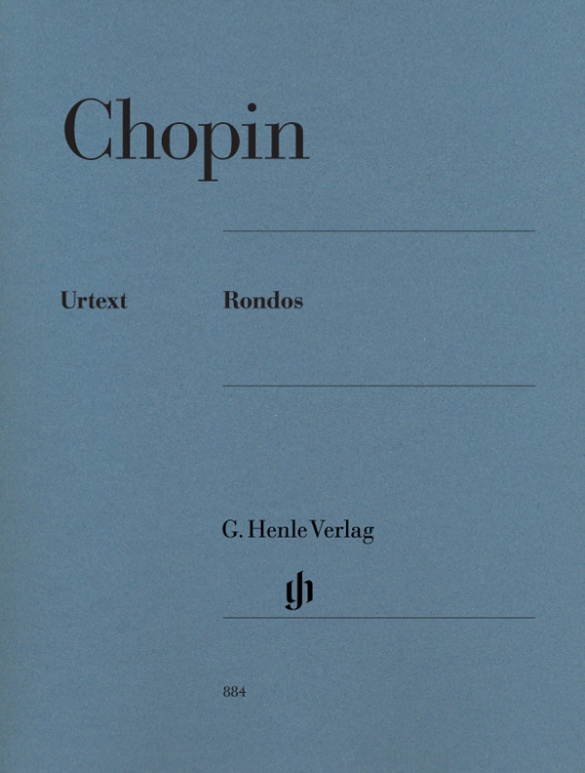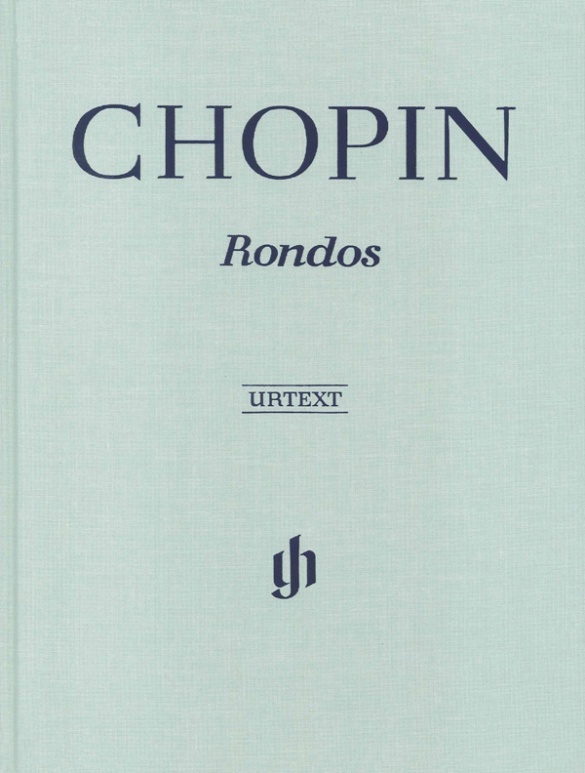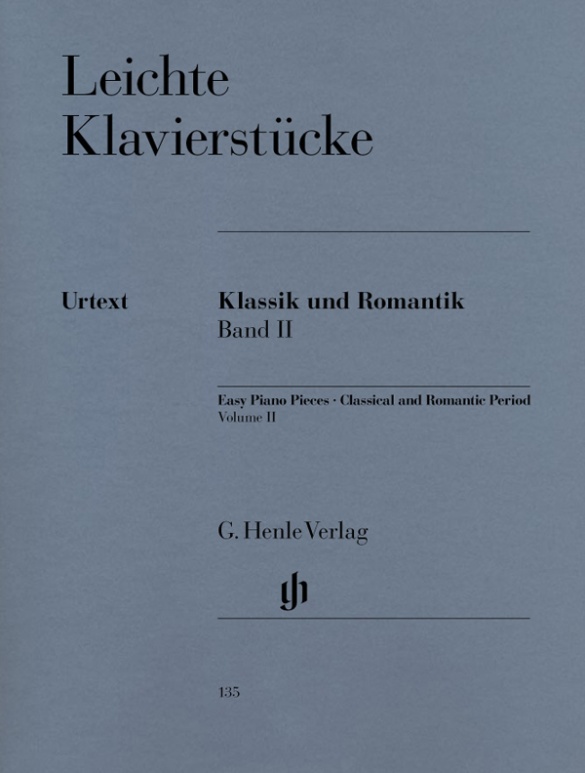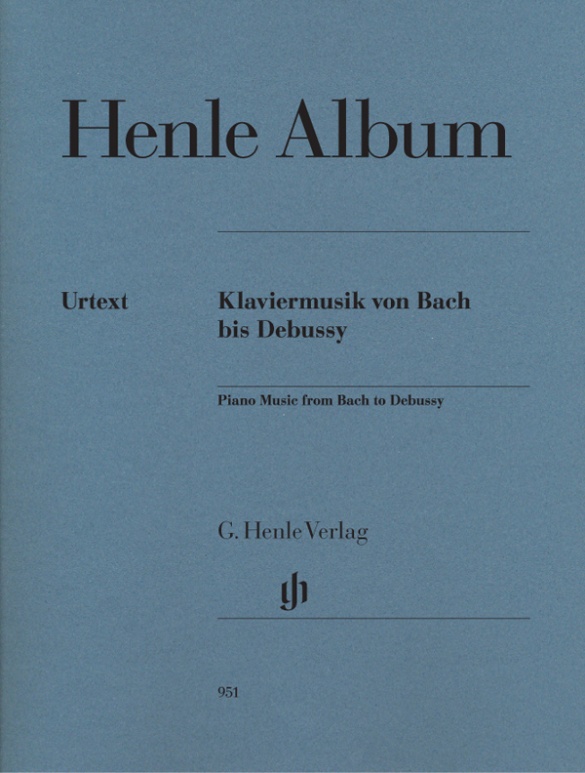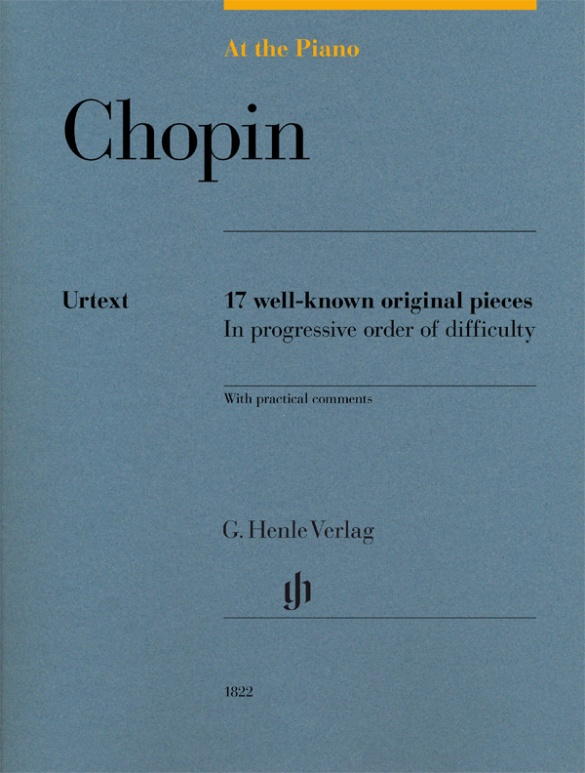

Frédéric Chopin
At the Piano - 17 well-known original pieces
Although Frédéric Chopin was one of the greatest piano virtuosos of his time, even pianists of moderate technical ability can enter into his Romantic, magical realm. His mastery was such that his own, unmistakeable style is tangible even in his shorter, less difficult pieces such as his mazurkas and waltzes. Our selection offers a progressive introduction to the musical language of this Polish-French master.
CONTENU/DÉTAILS
(Explanation)
CONCERNANT LE COMPOSITEUR
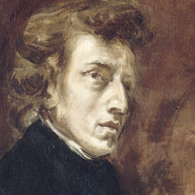
Frédéric Chopin
Pianiste et compositeur. Son œuvre, centrée sur la musique de piano, jouit d’une extraordinaire popularité et fait désormais partie intégrante du répertoire de concert. Sa musique a influencé les générations futures de compositeurs français (Franck, Saint-Saëns, Fauré, Debussy), mais aussi Smetana, Dvořák, Balakirev, Grieg, Albéniz.
| 1810 | Né le 1er mars à Želazowa Wola près de Varsovie. Premières compositions à l’âge de 7 ans. Première audition publique à l’âge de 8 ans. |
| 1822 | Cours privés de composition. |
| 1825 | Publication d’une première œuvre, le Rondo en Ut mineur op. 1. |
| 1826–29 | Études à l’École supérieure de musique à Varsovie. |
| 1829 | «Fantaisie sur des airs nationaux polonais» en La majeur op. 13, Trio avec piano en Sol mineur op. 8. Voyage à Vienne où il donne deux académies avec ses compositions et des improvisations. |
| 1829–33 et 1835–37 | Les Études op. 10 et op. 25 s’imposent comme un nouveau type d’étude virtuose à ambition esthétique. |
| 1830 | Création de ses deux Concertos pour piano en Fa mineur op. 21 et Mi mineur op. 11 à Varsovie. |
| 1831 | Ne pouvant retourner à Varsovie en raison de l’insurrection polonaise, il se rend à Paris où il demeure jusqu’à la fin de sa vie. |
| 1832 | Concert inaugural à Paris avec un grand succès. |
| 1835/38 | «Trois valses brillantes» op. 34. |
| 1836/39 | «24 Préludes» op. 28: une série de brèves pièces densément structurées et à déroulement cyclique. |
| 1835/39 | Sonate pour piano en Si bémol mineur op. 35 avec la Marche funèbre. |
| 1842/43 | Ballade n° 4 en Fa mineur op. 52, «Grande Polonaise brillante» en La bémol majeur op. 53, Scherzo n° 4 en Mi majeur op. 54. |
| 1833 | Sonate pour piano en Si mineur op. 58. |
| 1849 | Achèvement des Mazurkas en Sol mineur et Fa mineur. Meurt le 17 octobre à Paris. |
About the Authors
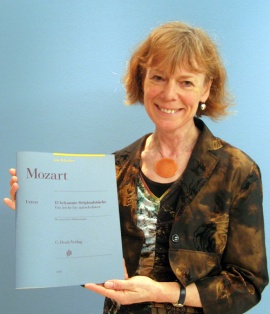
Sylvia Hewig-Tröscher (Editeur, Doigtés piano)
Sylvia Hewig-Tröscher studied piano at the Hochschule für Musik in Munich under Erik Then-Bergh and Hermann Reutter, as well as under Louis Hiltbrand at the Conservatoire de Musique in Geneva. 1977 she finished the „ Classe de Virtuosité“ in Geneva with the Premier Prix avec distinction and received the Henry Broliet prize as well as being awarded the GEDOK prize. Also organ studies under Lionel Rogg finishing with the „Diplome d’Orgue“. Masterclasses with George Halmos, Klaus Schilde, Karl Seemann and Wilhelm Kempff, followed, as well as with the cembalo player Li StadelmannIn. 1977 the piano trio Orfeo was established.
Since then, as a solo pianist and chamber musician, her concert activities have led her to Germany, Switzerland, France, Italy, Austria, America, Egypt, India, Korea, and Japan. The list of recordings includes Bayerischer Rundfunk and Südwestfunk Freiburg, Baden-Baden, record and CD recordings of (among others) seldom played works of the classical and romantic periods with Musica Bavarica. Further CD recordings including modern music and first performances with Calig, Symicon, Bayer Records, Arts Magnamedia, and Sony, also co-production of the Bayreischer Rundfunk and Deutscher Musikrat.
Masterclasses in Villa Marteau, Marktoberdorf, Hammelburg, Brixen, Castelnuovo di Garfagnana and New York. Today Sylvia Hewig-Tröscher works as a professor of piano and vice president of the Hochschule für Musik and Theater Munich.
Informations sur la sécurité du produit

G. Henle Verlag
Vous trouverez ici des informations sur le fabricant du produit.G. Henle Verlag e.K.
Forstenrieder Allee 122
81476 München
Allemagne
info@henle.de
www.henle.com
Historical information and practical notes preface every piece, and the spacious presentation makes them ideal compilations for students. This foray into the educational market is overdue from Henle, and these books are up to the publisher`s high standard.
Pianist, 2018At The Piano is an excellent series for students and teachers. Those who fancy learning a major composer’s ‘piano favourites’ will really enjoy working their way through each book. G. Henle have combined a scrupulous ‘pure’ score with plenty of valuable information, offering a fascinating glimpse into the history and style of each composer.
Melanie Spanswick, 2018recommandations
autogenerated_cross_selling
Autres éditions de ce titre
Autres éditions de ce titre


